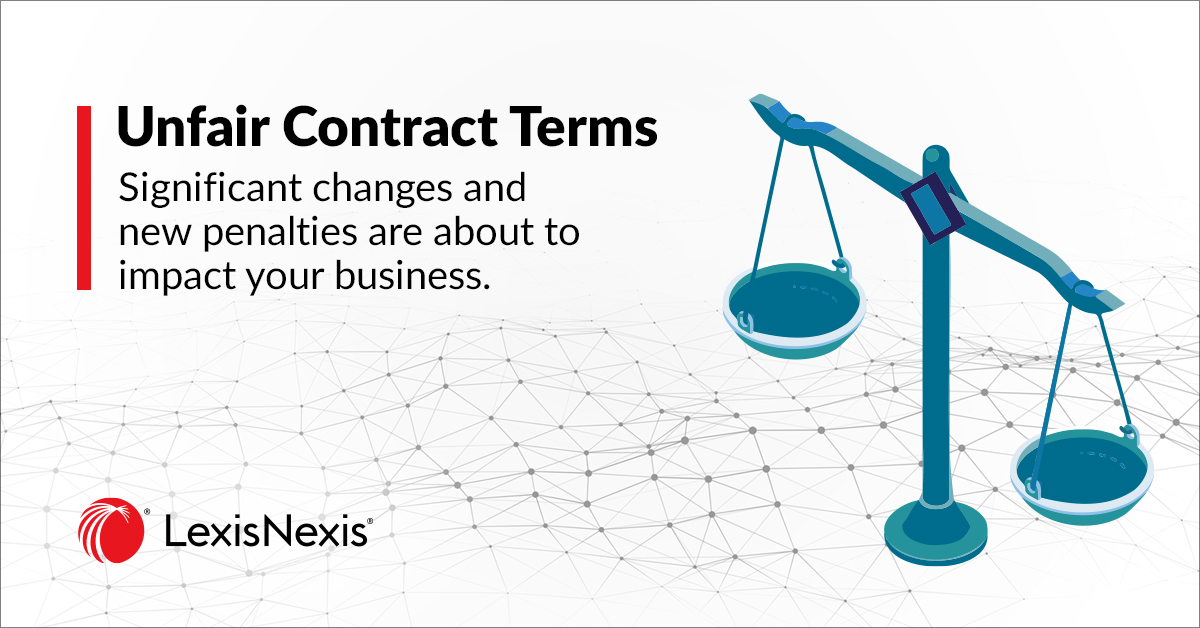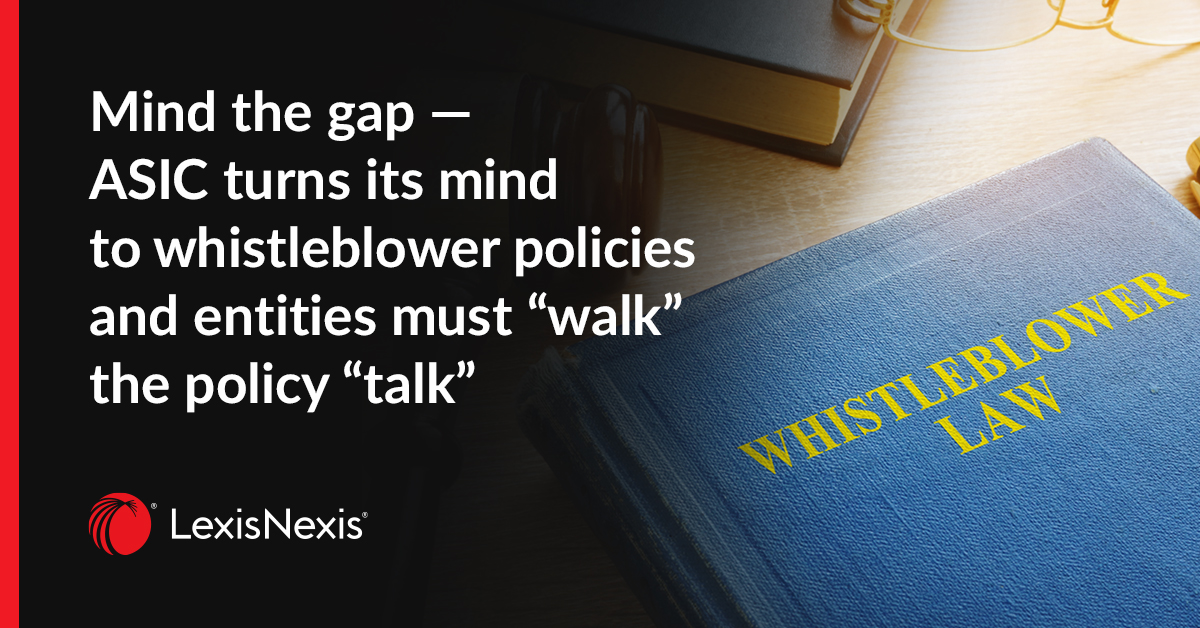
The pen is not mightier than the sword…or Zoom
22 February 2022 00:00
At last, permanent reform for companies on electronic signing and virtual meetings
Michelle Sim – Senior Legal Writer, LexisNexis® Practical Guidance Banking & Finance
Michelle Wibisono – Senior Legal Writer, LexisNexis Practical Guidance Corporations
Kathryn Schultz – Senior Legal Writer, LexisNexis Practical Guidance Mergers & Acquisitions
In this article, three expert writers from LexisNexis Practical Guidance analyse the recent changes made under the Corporations Amendment (Meetings and Documents) Bill 2021 (The Bill) which passed both houses of Parliament on 10 February 2022 and received Royal Assent on 22 February 2022.
As a result of the changes, companies and registered schemes can now sign documents electronically and use technology to hold meetings, without the fear of expiring temporary measures. However, new rules and tighter definitions apply.
Signing amendments take effect on 23 February 2022, with the virtual meeting and communication amendments to commence on 1 April 2022.
The Bill makes permanent (with some changes) the temporary relief under Treasury Laws Amendment (2021 Measures No.1) Act (Cth) (TLA1 Act), which was due to expire on 31 March 2022.
Our earlier article explains the relief provided under the TLA1 Act and background to these reforms.
Electronic signing of documents
While the Bill does not replicate the drafting approach taken under the TLA1 Act, it broadly reflects the same measures regarding electronic signing and includes some additional measures. We set out the electronic signing requirements under the Bill and note where there are key differences to the temporary relief under the TLA1 Act below.
| Electronic signing under the Bill | Allowed under TLA1 Act temporary relief? |
|---|---|
The Bill inserts a new Division 1 of Part 1.2AA into the Corporations Act that allows certain documents to be signed in a flexible and technology-neutral way, including:
A person is taken to have signed a document in accordance with Division 1 if:
The Bill takes a technology neutral approach, does not mandate the use of any particular type of technology, and facilitates the use of other technologies that may be developed in the future. | Electronic signing under s 127 is permitted, however the TLA1 Act does not include the provisions in the new Div 1 of Part 1.2AA regarding technology neutral signing. |
| A (physical or electronic) copy or counterpart signed under s 127 need not include the entire contents of the document, ie signing signature pages only is allowed. | No, a person must sign the entire contents of a (physical or electronic) copy or counterpart of a document. |
Split execution of documents is permitted. The document a person signs need not include the other signatory’s signatures and each signatory may execute the document using different methods, eg one director signs physically while the other signs electronically. | Split execution is permitted, however the document a person signs must include the entire contents of the document. |
For companies with a common seal, the fixing of the common seal may be witnessed in a technology-neutral way, provided that:
a method is used to indicate that the person observed the fixing of the seal to the document. | Yes, in substance the same |
The authorisation in s 126, Corporations Act, for agents is extended to allow agents to execute documents (including deeds) on behalf of companies. Agents need not be appointed by deed to execute a deed, and an agent’s execution of a deed need not be witnessed. This displaces the common law rule requiring a company’s agent to be appointed by deed to execute a deed on behalf of the company. | No, an agent’s authorisation under s 126 is limited to the agent making, varying, ratifying or discharging a contract on behalf of a company. The common law requiring a company’s agent to be appointed by deed to execute a deed on behalf of the company applies. |
| The statutory document execution mechanisms under s 127, Corporations Act, also apply to sole-director proprietary companies with no company secretary. | No, proprietary companies with a sole director and no company secretary cannot use the s 127 mechanisms. |
The Bill expressly clarifies that:
the assumptions in s 129 of the Corporations Act apply to the new mechanisms for executing documents. | Not expressly provided. |
Does the Bill include any electronic signing relief for foreign and statutory corporations?
No, the Corporations Act amendments under the Bill do not apply to foreign or statutory corporations. As part of the Bill being referred to the Senate Economics Legislation Committee in October 2021, submissions were put forward that these reforms allowing electronic execution of documents (including deeds) should be extended to foreign and statutory corporations. Ultimately, this was not incorporated into the Bill.
Using technology for meetings
Similar to the electronic signing provisions, the Bill broadly follows the approach taken in the TLA1 Act in relation to meetings, but there are important differences that should be highlighted. The key elements of the Bill and deviations from the TLA1 Act are summarised as follows:
| What the Bill provides *Changes from TLA1 Act italicised | What the TLA1 Act allows |
|---|---|
Companies (including companies registered as charities), registered schemes, and disclosing entities, can hold physical meetings or use virtual meeting technology to hold hybrid meetings, but can only hold wholly virtual meetings if expressly required or permitted by the constitution. Members as a whole must have a reasonable opportunity to participate in meetings, which includes requirements to hold meetings at a reasonable time and place, use reasonable technology to connect more than one physical venue, and allow members to ask questions and make comments orally or in writing. Note: Despite the limitation on wholly virtual meetings, ASIC may invoke its “emergency” powers to facilitate wholly virtual meetings if circumstances require it. | Virtual meeting technology can be used to hold company and scheme members’ meetings and directors’ meetings (together, Chapter 2G meetings), regardless of what the constitution provides, until 31 March 2022. This is underpinned by essentially the same “reasonable opportunity to participate” requirement , with other accessibility requirements forming distinct rights conferred on members. |
Companies, registered schemes and disclosing entities can provide any person (ie directors, members, auditors, among others):
in one of the 5 ways set out below, butexcluding documents to be sent to ASIC or the Registrar (ie the ATO). Notes:
Regulation-making powers have been inserted to allow the Corporations Act to be modified to capture other types of entities. | Until 31 March 2022, Chapter 2G meeting documents or resolutions to be considered without a meeting can be communicated to members electronically for virtual, hybrid or physical meetings, provided that:
if the recipient is a company or scheme member, the recipient has not opted to receive hard copy meeting documents. |
| Subject to elections by members, companies, registered schemes and disclosing entities can send out meeting-related documents referred to above in hard copy, electronically, physically with access to information electronically (eg physical postcard), electronically with access to information electronically (eg electronic postcard), or posting the information on a website (if the document is an annual report or otherwise permitted by the regulations). | Yes, but with narrower means of communication specified, until 31 March 2022. |
Members of companies, registered schemes and disclosing entities can elect to receive:
Companies have 30 days to comply with a new member election to receive documents in hard copy. | Members of companies and registered schemes can elect to receive Chapter 2G documents in hard copy only, and not to receive annual reports. Requires companies to provide hard copies within 10 business days. |
| Public companies and registered schemes must notify members of their rights of election as to receiving meeting-related documents at least annually, in writing or on the company or share registry’s website. | No equivalent. |
A member or group of members of a company or registered scheme with at least 5% of the voting power can request to have an independent person appointed to observe and/or prepare a report on the outcome of a poll conducted at a members' meeting. The observer may be the auditor or registry service provider, unless the resolution relates to them. | No equivalent. |
When do the permanent amendments come into effect?
The Bill provides for:
- the signing amendments in Schedule 1 to commence the day after Royal Assent is given; and
- the meetings and communication amendments in Schedule 2 to commence on the later of:
- immediately after the commencement of Sch 1; and
- 1 April 2022.
With Royal Assent given on 22 February 2022, the commencement dates are:
- 23 February 2022 for the signing amendments; and
- 1 April 2022 for the meetings and communication amendments.
Looking beyond the Bill
Will there be more electronic signing and communication reforms?
In short, yes, that is likely.
Already on the horizon is an expansion of the signing and communication reforms introduced by the Bill. On 17 February 2022, just a week after passing the Bill, the Government introduced the Treasury Laws Amendment (Modernising Business Communications) Bill 2022 which:
- allows all documents to be signed electronically under the Corporations Act (including those lodged with ASIC and the Registrar);
- allows all documents in Chs 2A to 2M, 5 to 5D, 6 to 6C, 8A, 9 and Sch 2 to the Corporations Act, other than those which are lodged with ASIC, the Registrar, or the Takeovers Panel, to be sent either electronically or in hard copy; and
- provides that companies need not send documents to a member where the contact details for that member are known to be incorrect.
If this second Bill is passed, these further changes would start at the same time as the Schedule 2 amendments regarding meetings and sending documents under the existing Bill.
Broader signing reforms may also be afoot. While the Corporations Act amendments under the Bill do not apply to individuals or foreign or statutory corporations, separate measures regarding electronic signing and remote witnessing of deeds (and other documents) have been implemented in various states and territories. The Government has also separately consulted on a common approach for electronic execution of deeds and statutory declarations with a view to addressing the difficulties faced by individuals and businesses when executing these documents, including those arising from inconsistent approaches across Australian jurisdictions. We expect further developments following the consultation which concluded on 8 October 2021, so watch this space.
Will legislative reviews lead to more reforms?
All of the amendments made by the Bill (both as to electronic signing, and meetings and electronic communication) must be reviewed and reported on within two years after Schedule 1 (ie the electronic signing amendments) commences. The amendments can be reviewed at different times, with more than one written report prepared and tabled in Parliament. The Government must then prepare and table a written response to any recommendations made by any such report within 3 months of the report being first tabled.
Specifically, the new wholly virtual meeting provisions (ss 249R and 252P) must be reviewed by an independent panel with experience:
- in corporate governance and the role of company directors;
- representing the interests of shareholders; and
- advocating for corporate social responsibility.
The new wholly virtual meetings provisions will cease to apply if a report on those provisions is not tabled in Parliament before the first Parliamentary sitting day to occur at the end of a 30 month period after Schedule 1 of the Bill (ie, the electronic signing amendments) commences. That is, those provisions will inevitably be put back into play in approximately 30 months, depending on when Royal Assent is received and the Parliamentary sitting calendar in 2024.
We will observe the Bill’s effects with interest, particularly:
- whether there are reported incidents of fraudulent signing or communication of documents using electronic, rather than physical, means;
- the extent to which company constitutions are amended to permit or require wholly virtual meetings, and the extent of reliance on those provisions; and
- whether shareholders report being unlawfully “shut out” of meetings conducted with virtual meeting technology (where permitted by the company constitution).
To stay across further developments in this space, subscribe to the Practical Guidance Roundups.
Practical Guidance gives you the practically-focused online content you need to conduct a new legal matter. Discover expert guidance, repeatable documents, forms, precedents, checklists and an extensive range of specialised toolkits, designed for today's lawyers and the flexible way you work.
TO SUBSCRIBE TO PRACTICAL GUIDANCE, CONTACT US BELOW.
Latest Articles
-
 3 tips for banking and finance lawyers when responding to an ASIC enquiry, and how to avoid misleading or deceptive conduct.
3 tips for banking and finance lawyers when responding to an ASIC enquiry, and how to avoid misleading or deceptive conduct. -
 Significant increases to competition and consumer law penalties have commenced and sweeping reforms to the unfair contract terms regime will follow in 12 months’ time.
Significant increases to competition and consumer law penalties have commenced and sweeping reforms to the unfair contract terms regime will follow in 12 months’ time. -
 The Australian Securities and Investments Commission (ASIC) is calling on Australian CEOs, from public companies, large proprietary companies and corporate superannuation trustees to review their whistleblower policies and processes to ensure compliance with private sector whistleblower laws.
The Australian Securities and Investments Commission (ASIC) is calling on Australian CEOs, from public companies, large proprietary companies and corporate superannuation trustees to review their whistleblower policies and processes to ensure compliance with private sector whistleblower laws.
Practical Guidance
Your one-stop solution for accurate legal answers from Australian legal experts. Tools, practically focused guidance notes, checklists, precedents, and training materials support and streamline your legal workflow.
LEARN MORE LexisNexis
LexisNexis